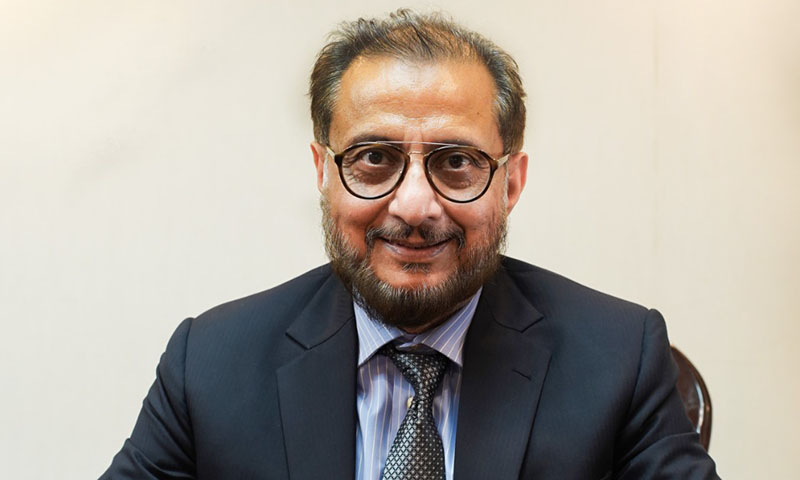Engr. Al Kazim Mansoor talks to Engineering Post
Engr. Al Kazim Mansoor, a distinguished candidate from the Pakistan Engineers Forum (PEF), is set to run in the upcoming elections for the Pakistan Engineering Council (PEC). The PEF, a registered NGO since 1976, has had a continuous presence in PEC, advocating for the rights and advancements of engineers across Pakistan. Engr. Pasha’s candidacy brings a wealth of experience, vision, and a commitment to addressing the pressing issues facing the engineering community.
Graduating with a degree in civil engineering from NED University in 1983, Engr. Kazim pursued further studies and completed his master’s in 1986 in the USA. By 1992, he had established his consultancy firm, SOILMAT Engineers, marking the beginning of an illustrious career. His extensive portfolio includes work on significant projects such as the Indus Highway, Kohat Tunnel, LNG terminals, Reko Diq, and the Karakoram Highway from Gilgit to Khunjerab. With over 3,000 projects under his belt, both domestically and internationally, Engr. Kazim’s expertise and leadership in the field are unquestionable.
Reflecting on his past role within PEC, Engr. Kazim recalls, “In the 2011 election, I was elected as the Senior Vice Chairman of PEC, however due to multiple court cases by vested interests he was not allowed to continue. It was an honour and a responsibility that I took very seriously. Now, I am ready to step up and address the current challenges that our engineers face.” He believes that PEC must become more inclusive and representative of the broader engineering community.
One of the critical issues Engr. Kazim highlights is the disenfranchisement of Pakistani engineers. “PEC is disenfranchising the engineers of Pakistan,” he states. The current requirement for members to have 20 years of experience and vice chairmen and chairman to have 25 years of experience creates a power structure that excludes younger engineers. “This deprives young engineers of the opportunity to contribute, and as a result, a large portion of our community feels alienated. Our voting percentage is around 17 percent, indicating widespread disinterest.”
Engr. Kazim is also a member of the American Society of Civil Engineers, a position that allows him to cast votes from anywhere in the world. This international perspective adds to his understanding of how engineering bodies can and should function. “For the PEC elections, 140 polling stations have been established. Managing such a large-scale event requires substantial resources, often necessitating backing from political parties. When chairman win though backing of political parties they get influenced by them later on. This has led to the politicization of PEC, which needs to be addressed.”
He emphasizes the need to depoliticize PEC, ensuring that it remains focused on its mission to serve engineers. “Standing for election in PEC has become very expensive. Large gatherings, dinners, and events across cities are now a norm. We need to change this. Recently, we’ve seen political parties dominate elections without any significant engagement or outreach. We can replicate it at PEC as well.”
His vision includes the creation of an Engineering Service of Pakistan, where only qualified engineers lead engineering-related services. “This will ensure that decisions are made by those who understand the technicalities and intricacies of engineering projects.”
Engr. Kazim’s campaign is rooted in the belief that a more inclusive, depoliticized, and professional PEC will better serve the engineering community and contribute significantly to the nation’s development. “Our engineers have the potential to drive economic growth and innovation. With the right leadership and policies, PEC can unlock this potential.”







